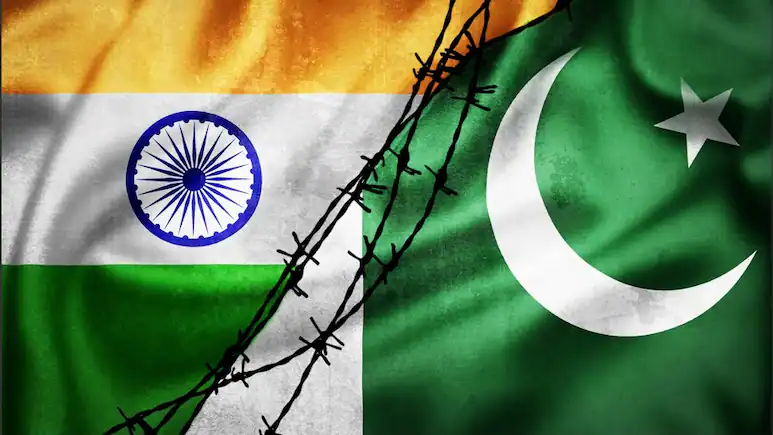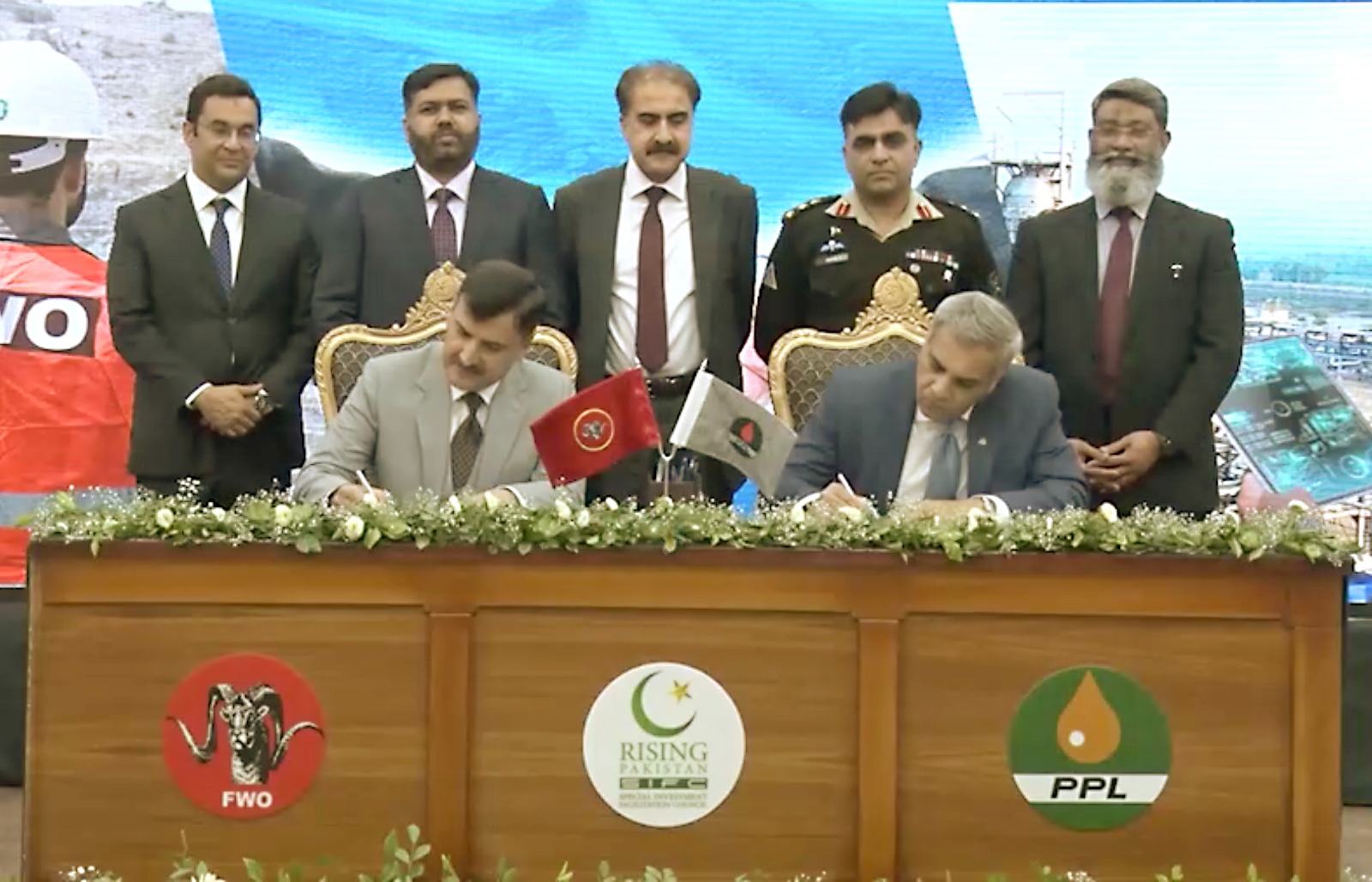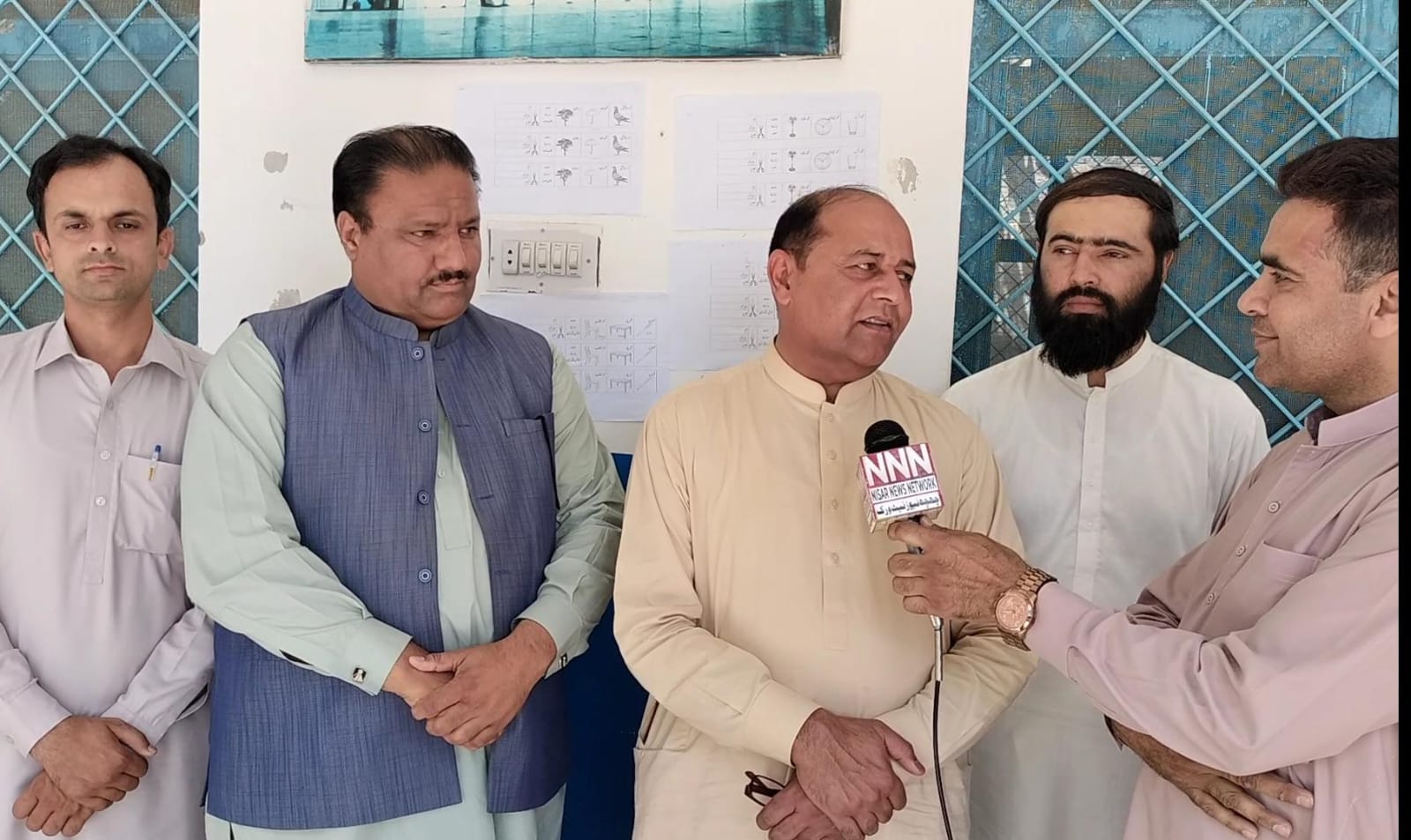India Gives 48-Hour Ultimatum to Pakistanis Living in India to Leave the Country
Modi-led Indian government taken minless measures, closing integrated Attari checkpost on the India-Pakistan border and revoking visa exemptions previously granted to Pakistani nationals under the SAARC scheme.
India’s Ministry of External Affairs announced on Tuesday that all Pakistani citizens are now barred from entering the country through the SAARC Visa Exemption Scheme. Visas previously issued under this arrangement are deemed invalid, and any Pakistani national currently in India on one of these visas has been given 48 hours to leave the country.
The decision comes after a recent attack in Kashmir that claimed the lives of 25 Indian citizens and one Nepali national. Foreign Secretary Vikram Misri confirmed the casualty details, underscoring the severity of the incident.
Attari checkpost, a key crossing point between the two countries, was closed with immediate effect as part of the measures.
Security has since been heightened across border regions and sensitive zones in Kashmir, as investigations into the attack continue.
The attack marks a grim escalation in violence in the region, long marred by insurgency and unrest. While no group has claimed responsibility yet, investigations are underway to determine the perpetrators and possible links to militant outfits operating in the Valley.
Indian Prime Minister Narendra Modi, who was on an official visit to Saudi Arabia, cut his trip short and returned to New Delhi late Monday night. “This cowardly attack on innocent tourists will not go unpunished. We stand united against terror,” Modi said in a brief statement upon arrival.
Security has been tightened across Jammu and Kashmir, especially in tourist hotspots and vulnerable areas. National Investigation Agency (NIA) teams have been deployed, and intelligence services are working to trace any communication linked to the planning and execution of the attack.
Pakistan’s Defence Minister Khawaja Asif denied any role by Islamabad, calling the violence a “home-grown rebellion” and part of a larger pattern of unrest within India. His comments have drawn strong reactions from Indian political leaders, who accuse Pakistan of providing safe haven to terror outfits.
The attack has also reignited debate around the government’s claims of “normalcy” in Kashmir following the 2019 revocation of the region’s special status. Critics argue that security assurances have failed to translate into lasting peace on the ground.
As the nation mourns the victims, questions mount over how such a high-casualty attack could occur in a heavily monitored region—and what steps need to be taken to prevent future
tragedies.




